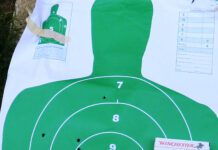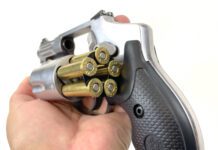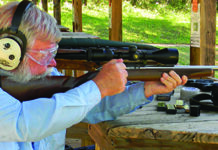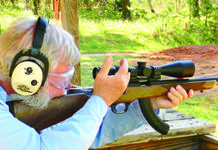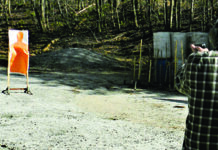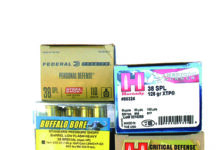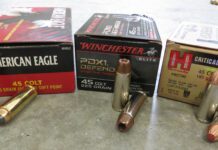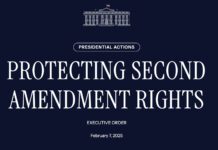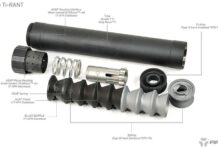During the summer, the Bureau of Alcohol, Tobacco, and Firearms (ATF) released an Explosives Industry Newsletter that changed the agency’s treatment of nitrocellulose, the primary component in smokeless powders used in modern ammunition. This change had the potential to seriously disrupt ammunition supply in the United States because it changed a long-standing ATF policy that exempted properly “wetted” nitrocellulose from treatment as an explosive under federal law.
Ammunition makers raised concerns to ATF, and thankfully, any change in ATF’s treatment of nitrocellulose is now officially delayed. In an addendum to the earlier newsletter, ATF announced that it “will conduct further industry outreach concerning wetted Nitrocellulose. In the interim, previously authorized industry practices concerning wetted Nitrocellulose will not be affected.”
While the addendum doesn’t indicate that ATF has permanently abandoned this change to nitrocellulose regulation, smokeless powder manufacturers will be permitted to continue normal operation, at least for the time being. So, yes, ammunition availability will likely stay the same, but just be aware that this regulatory effort was going on, and how it could have affected retail supplies.
A federal ban on the sale of guns to medical marijuana card holders does not violate the Second Amendment, a federal appeals court has ruled. The decision by the 9th U.S. Circuit Court of Appeals applies to the nine Western states that fall under the court’s jurisdiction, including California, Washington and Oregon.
Background: S. Rowan Wilson is a Nevada woman who said she tried to buy a firearm for self-defense in 2011 after obtaining a medical marijuana card. The gun store refused, citing the federal rule banning the sale of firearms to illegal drug users. It is still illegal to buy marijuana under federal law, even though some states have legalized consumption of the plant.
Wilson said she was not a marijuana user, but obtained the card in part as an expression of support for marijuana legalization.
In its 3-0 decision, the 9th Circuit said it was reasonable for federal regulators to assume a medical marijuana card holder was more likely to use the drug.
By the time you read this, we’ll likely know if Missouri lawmakers in Jefferson City have voted to override Governor Jay Nixon’s veto of Senate Bill 656. The override vote on SB 656 was scheduled for September 14, and here’s hoping the Missouri General Assembly will cancel Nixon’s veto — making the Show Me State yet another Constitutional Carry state. SB 656 would allow anyone legally eligible to possess a firearm to carry a firearm for self-defense without a permit.


